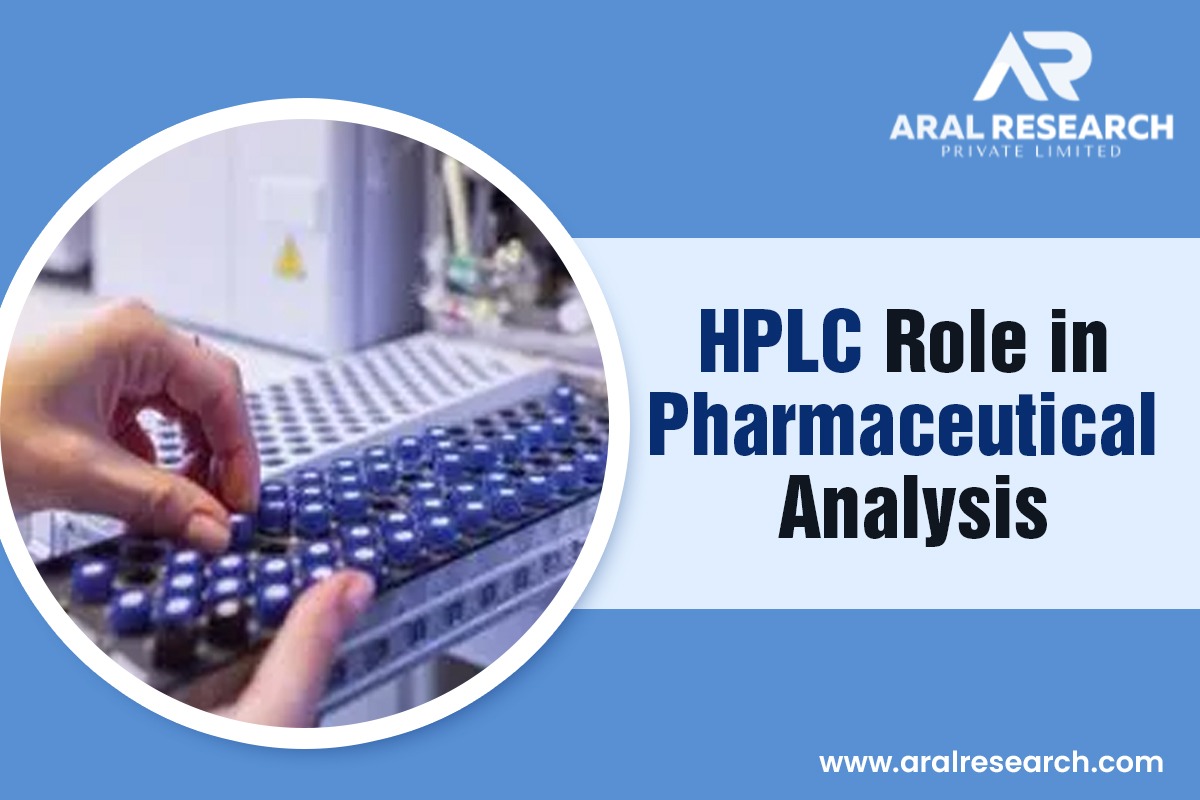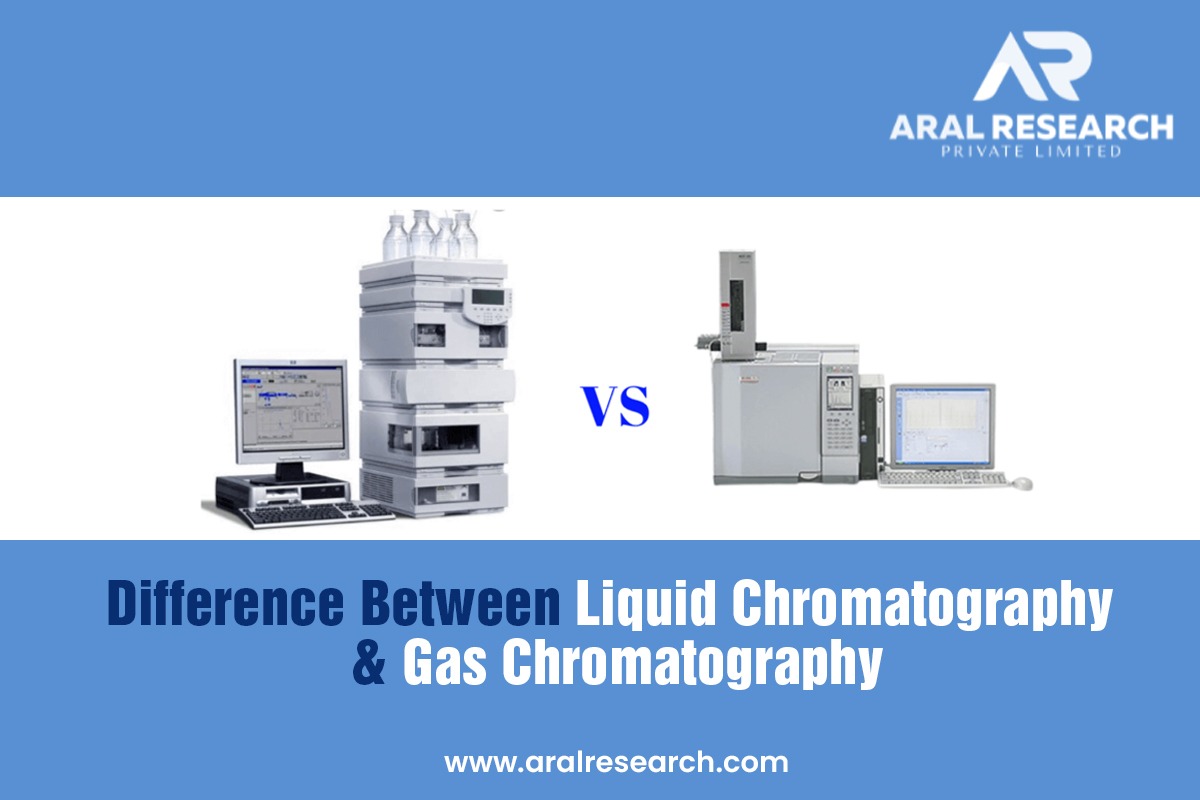High-performance Liquid Chromatography (HPLC) is an incredible analytical method with a broad range of applications across different industries. With its flexibility and performance, HPLC is employed in various pharmaceutical applications, research, and clinical laboratories. HPLC plays a pivotal role in the separation and analysis of pharmaceutical raw materials and drugs. It is an essential tool in pharmaceutical applications like purity analysis and evaluating formulations. In this blog, we discuss the view of HPLC’s role in pharmaceutical analysis.
High-Performance Liquid Chromatography (HPLC) in Pharmaceutical Analysis
There are various methods for analyzing pharmaceutical compounds, and HPLC is the best choice for the analysis of these compounds. HPLC has become a standard practice in the pharmaceutical industry for various samples. It is used to check the purity of new drug candidates, conduct in-process testing for developing new formulations, track changes or the scale-up of synthetic procedures, and control the quality of final drug products. HPLC is also used to analyze many natural products, plant extracts, and herbal medicines. Aral Research is a trusted HPLC lab test in Ahmedabad for pharmaceutical analysis. Our HPLC testing lab is equipped with the latest advanced instruments for reliable results and the lowest turnaround time.
How is HPLC Used for Pharmaceutical Analysis?
High-performance Liquid Chromatography (HPLC) is renowned for its precision and accuracy. Despite its high costs, HPLC is an ideal method for the accurate identification and quantification needed for pharmaceuticals. HPLC is used to analyze pharmaceutical products such as drugs and medicines for the ingredients they contain. It is employed to separate, quantify, and identify different components along with their quantities. This allows manufacturers to get valuable insights into the drug properties and how each component’s quantities impact the overall performance and strength of the product. Moreover, it also allows us to identify and quantify any impurities within the pharmaceutical products.
HPLC Pharmaceutical Applications:
- Determination of shelf life of drugs and pharmaceuticals.
- Identification of active ingredients
- Tablet dissolution of pharmaceutical dosage forms
- Pharmaceutical quality control
The process of creating a new pharmaceutical drug can be divided into 3 main stages:
- Drug discovery
- Drug development
- Drug manufacturing
HPLC plays a pivotal role in all these stages, including applications such as separation and quantification of different analytes through analytical HPLC or isolation & purification of compounds through preparative HPLC. Aral Research is one of the most trusted HPLC testing labs in Ahmedabad, offering exceptional services for the pharmaceutical industry in the identification and isolation of active ingredients, quality control of raw material formulations and determination of the shelf life of finished products. This comprehensive application of HPLC ensures that all aspects of drug creation are thoroughly monitored and controlled. To discuss your analytical requirements, call us today.


